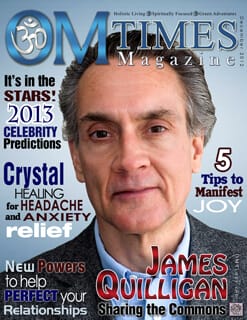Sharing the Commons: Humanity’s Collective Heritage

What’s interesting is that we don’t immediately recognize all of these things as commons, though indeed they are. Yet the more we identify them as commons, we can prevent the ‘tragedy of the commons’ from occurring. This dilemma was defined by Garrett Hardin [ii] in a famous 1968 article in the journal, Science. Simply put, it’s the inability of people in a local area to manage their shared resources because individuals want to exploit them, rather than to co-operate and share them. Unfortunately, this argument is used to show that human self-interest can’t be trusted in community settings because human nature is inherently greedy and competitive. This ‘tragedy of the commons’ idea is often used to justify the intervention of the government or private sector into the community to manage its commons. The implication is that government and business are the experts and people are too ignorant to manage and produce their own resources. But, of course, people have been doing this successfully for countless millennia. So why all this insistence now about outsourcing the commons to government and the private sector?
To reclaim our power over the commons, it’s important to distinguish between the different kinds of commons. On one hand, there are social, cultural, intellectual and digital commons, which tend to be replenishable. These are self-regenerating resources. They include indigenous cultures and traditions; creative works; languages; holidays; ideas; internet. It’s a wide range of things. Even streets, sidewalks, plazas, public spaces and national parks are replenishable commons.
Share International: What is the importance of understanding what the commons are?
James Quilligan: The whole point of understanding the commons is to recognize why many of them were enclosed. We need to appreciate that over the past several centuries, as our physical space became quantified and commercialized, society began to put fences and other restrictions around our commons and to legally enforce these areas. The commons were commodified into private goods and public (or government-provided) goods. These enclosures are ongoing. Today, for example, when fairy tales or traditional songs are put into copyright by corporations and people are charged for their use, part of our collective heritage is stolen. Or when Nestlé comes into the community to pump water from our underground aquifers at a minimal cost, then bottles it and sells it back to us with a high mark-up at the local store, the community has lost a valuable asset. Or when government gives corporations the right to develop oil and minerals which are found in our national parks or other public lands, the people lose valuable resources which belong to them.
OMTimes Magazine is one of the leading on-line content providers of positivity, wellness and personal empowerment. OMTimes Magazine - Co-Creating a More Conscious Reality



